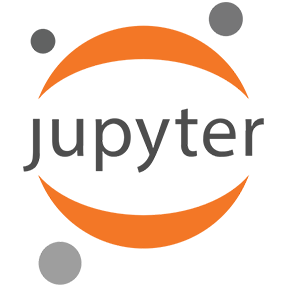Official main repository for LFortran
-
Updated
Feb 18, 2025 - C++

The Jupyter Notebook, previously known as the IPython Notebook, is a language-agnostic HTML notebook application for Project Jupyter. Jupyter notebooks are documents that allow for creating and sharing live code, equations, visualizations, and narrative text together. People use them for data cleaning and transformation, numerical simulation, statistical modeling, data visualization, machine learning, and much more.
Official main repository for LFortran
Serverless ML Framework
R Kernel for Jupyter
An integrated software environment for multi-algorithm, multi-timescale, multi-spatial-representation simulation of various cellular phenomena
TubeTK is an open-source toolkit for the segmentation, registration, and analysis of tubes and surfaces in images, developed by Kitware, Inc.
Serverless ML Framework
🍬 Jupyter kernels for Fift and FunC languages
Pytorch implemenation of structure from motion using Libviso2, SIFT, SuperPoint, SPyNet and Sfm Learner.
Created by Zac Steer. SEO contest for CS470: Information Storage and Retrieval. The goal is to produce a website that is ranked first for a Google search for the query: chkstong yibbibi.
Template for doing audio DSP visualizations with matplotlib-cpp and rendering to wav from C++ in a jupyter notebook
100 days of Code - A Practice to develop consistency
Nuclear and Chemical data with Plug-Unplug Systematics [MQ2 MQ3 MQ4 MQ5 MQ6 MQ7 MQ8 MQ9 MQ131 MQ135 MQ136 MQ137 MQ303A MQ309A Geiger Counter] Multi-Purpose that can configure with SQL and PHP, save data, do data science with Python, color scale with Lidar, deep learning with yolov9, objects with Pixy2 and location with GPS system Discovery Vehicle.
Speaking Silence: A Sign Language Recogniser
Create a Jupyter Kernel for 8085 Microprocessor assembly language that can interpret assembly-level programs right from the Jupyter notebook.
Elveflow Software Development Kit
Joy Ride (Simple Self-Driving Car Simulation)
Methods for increasing generalization ability based on different ways of ensembles building
C++ Deep Learning Library (DLFS-TUM)
Created by Fernando Pérez, Brian Granger, and Min Ragan-Kelley
Released December 2011
Latest release about 2 months ago